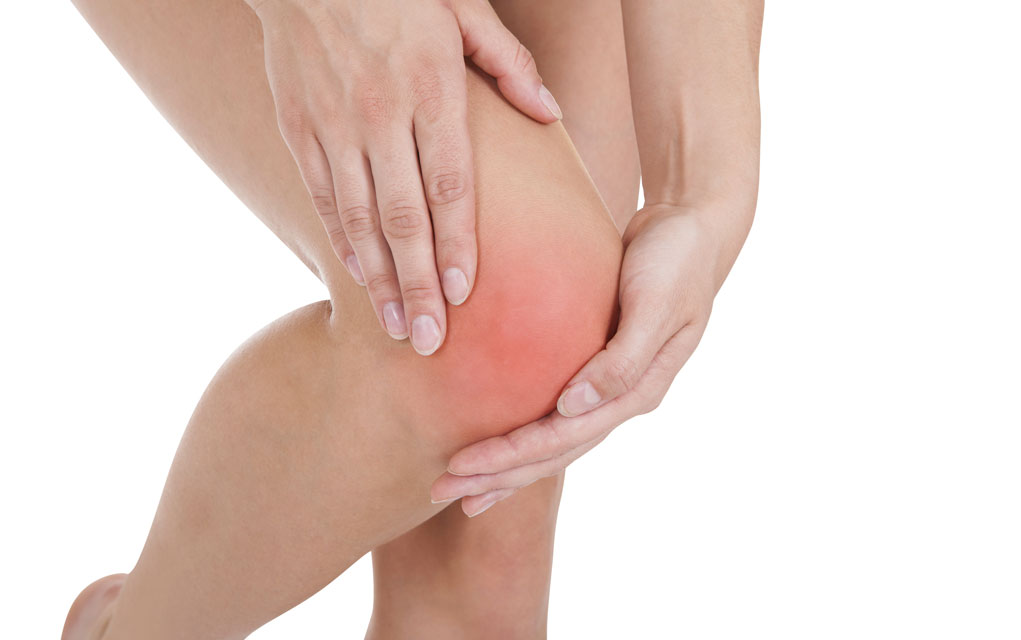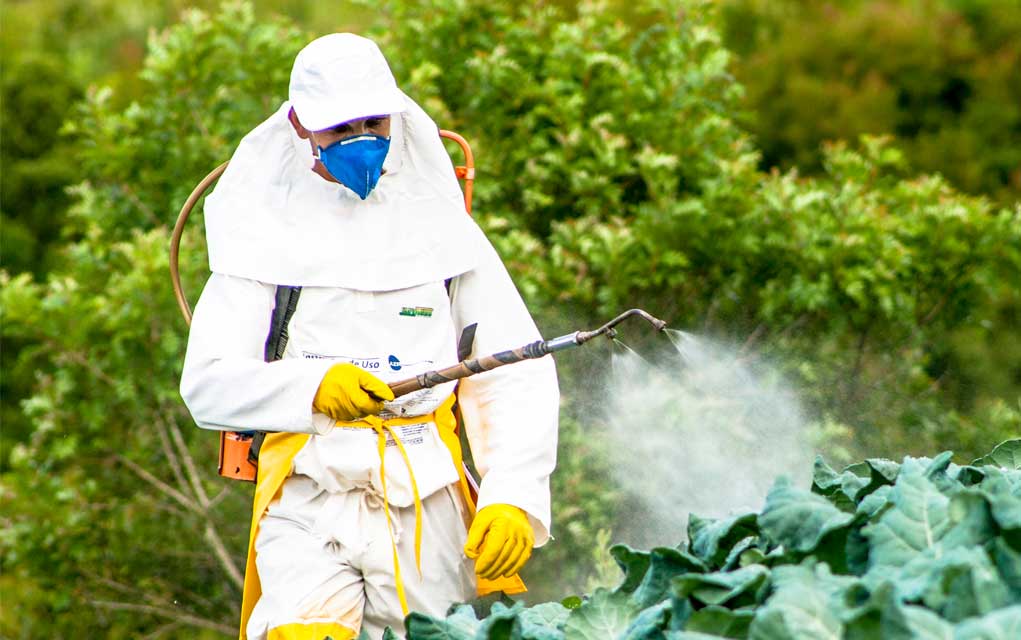
7 Signs You’re Low in These 3 Vitamins
(WellnessPursuits.com) – Feeling a little off, achy or low in energy? It might be more than stress from worrying about the coronavirus. You could be suffering from a vitamin deficiency and not even know it. You may even be on the road toward one of numerous devastating, yet equally preventable, diseases. Check out the warning signs that could indicate you’re suffering from a deficiency.
Identifying Vitamin Deficiency
Vitamin deficiencies may not always cause symptoms at first. When they do, they can be overlooked or confused with other medical issues that manifest in similar ways. Consider the following symptoms that can result from vitamin deficiencies:
- Fatigue.
- Weakness.
- Weakened immune system.
- Impaired memory.
- Musculoskeletal pain.
- Gastrointestinal disorders.
- Vision problems.
As you can see, vitamin deficiencies can look like a lot of other issues, so your doctor is the best person to talk to about testing and treatment options. Three vitamins you might want to consider adding to your day are D, A and C.
Vitamin D
Vitamin D helps promote healthy bones and muscles. Low levels of this essential vitamin can cause you to have bone or joint pain and muscle cramps. A Vitamin D deficiency can also affect far more than just bone health. Do you suffer from fibromyalgia, chronic fatigue syndrome, chronic depression, hypertension, obesity or diabetes? You might just need more vitamin D.
But that’s not all. Low vitamin D intake may also contribute to at least 17 types of cancer, including those that attack the breast, colon and prostate. Researchers believe it can also contribute to the development of autoimmune diseases, cardiovascular disease and gum disease.
Make sure you’re getting enough vitamin D by incorporating fatty fish, egg yolks, mushrooms and beef liver into your diet. Fortified foods like milk, breakfast cereals and some orange juices and soy products can also help you meet your daily goal.
If you’re going to add Vitamin D as a supplement, look for D3 for the most easy absorbed form for your body. It’s difficult, but possible to overdo it with vitamin D supplement pills, so check with your doctor and follow the dosage recommendation of the bottle of D supplements.
Vitamin A
Adequate vitamin A intake is vital to the health of your eyes, skin, digestive tract and urinary tract. Vitamin A is a necessary building block for a type of vision receptor in the eye. Fewer receptors means poorer vision, which usually first presents as night blindness. As the deficiency worsens, the conjunctivae and corneas (the outer layers of the eyes) develop spots of thickened tissue and erosion that further damage the vision.
Spots of keratinization can also begin to occur on the skin and in the digestive and urinary tracts. This can lead to areas of thick, scaly skin, lung infections and other complications. A deficiency can also reduce the effectiveness of the immune system. In developing countries where children are generally grossly deficient, the effects are often deadly.
You can protect yourself and your family from vitamin A deficiency by eating a balanced diet that includes a good variety of colorful vegetables, including carrots, tomatoes, pumpkins and dark, leafy greens. Other good sources include fatty fish, liver, milk and eggs.
Supplements are available to buy, but make sure you follow the dosage recommendations on the bottle. This is not a vitamin supplement that falls into the category of “if a little is good a lot is better.” You can overdose on it, so use the directions on the bottle as your guide.
Vitamin C
The effects of vitamin C deficiency can be wide-ranging. You may have heard of scurvy, that horrifying disease sailors used to get when lengthy ship travel led to inadequate food rations. That degree of deficiency is rare in the developed world, but even a minor deficiency can leave you with a slew of difficult symptoms.
If you’re not getting enough vitamin C, you could be suffering from defects in your connective tissue, gums and bones. This can present as skin rashes, petechiae, impaired healing, impaired bone growth and gingivitis. Vitamin C deficiency can also lead to depression, fatigue and poor immunity.
Prevent vitamin C deficiency by including plenty of bright fruits and vegetables in your diet. All citrus foods are excellent sources, as are cantaloupes, kiwis, pineapples, papayas, mangoes, watermelons and most berries. Other great sources include tomatoes, potatoes, green and red peppers, winter squash, cruciferous veggies and leafy greens. Vitamin C is also easily supplemented, it’s water soluable so you can’t really overdose on it – so deficiency is easy to avoid no matter what your diet looks like.
The average U.S. diet can lead to numerous deficiencies, but you can avoid the effects by beating the average and stepping up your meal planning. With more and more of us staying at home during this Coronavirus crisis, we may find ourselves cooking and planning many more meals than we used to.
Be liberal with fruits and veggies. It might feel like an effort at first, but you may be surprised by how much better you feel if you’re able to plan balanced meals, and supplement to be sure you’re getting all the basics.
And if you suspect a deficiency, don’t play around. Talk with your doctor see if there’s any reason you shouldn’t supplement (any medical condition or medication that might interfere with vitamin supplementation) and if there’s anything else your doctor can recommend to help you get back on track.
~Here’s to Your Healthy Pursuits!
Copyright 2025, WellnessPursuits.com
















